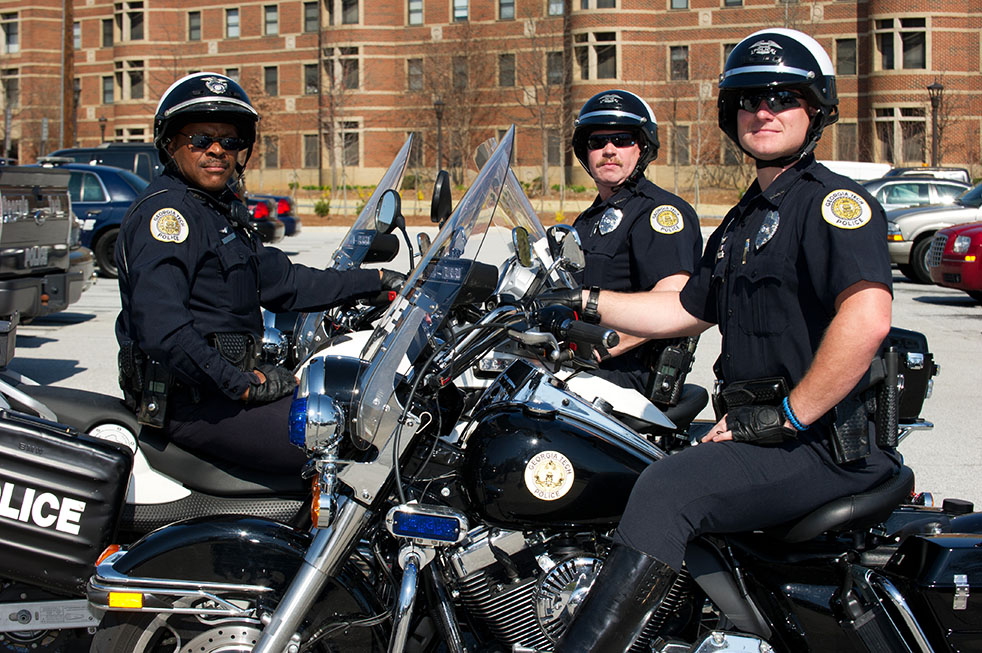Last week, the Georgia Tech Police Department (GTPD) held a forum in conjunction with the African American Student Union (AASU) to gauge student feedback regarding policing.
The event was primarily led by police chief Rob Connolly, who introduced the other GTPD personnel present. Among them were Officer Brian Bonus, Sergeant Archie Hill, Executive Assistant Elaine Kuligowski, Sergeant Troy Walcott and Captain Randy Barrone. Issues given special attention were the profiling of black males on campus, the vagueness of the Clery Act system, published campus crime statistics and potential concerns regarding interactions with GTPD officers.
The attendees of the event, which were mainly AASU members and affiliates, were asked to pose questions or provide commentary on the GTPD’s work.
“One Clery Act was just three black males with no description,” said a student. “As a black male, that could be me. Most of the time, the only relief I get when I see a Clery Act as far as knowing that I’m not a suspect is knowing the guy is 5’10” and I’m six feet.”
Several of the questions posited during the evening were in reference to the Clery Act system, which the GTPD employs to provide warning of criminal activity. Barrone spoke regarding the process by which the alerts are formulated and distributed to the Tech community.
“The Clery Act is a federal law, it’s enforced by the Department of Education, and all colleges and universities which participate in financial aid programs, they’re required to report crime information to the campus,” he explained. “One of the things that has to happen is called a timely warning, and we don’t have much time to put those out.”
Barrone further discussed how this can be frustrating to GTPD officers, as they are often stuck with only gender and race descriptors of the suspect. He stated that the traumatic nature of most person-on-person crimes, such as robberies, can make it difficult for victims to remember much information regarding the incident before the Clery timely warning must be issued. It was also clarified by Connolly that the Clery Act does not apply when an arrest has already been made.
The other big issue tackled during the evening was profiling of black males on campus by officers.
“I remember my sophomore year, I had a student from high school come visit,” said another student present at the forum. “He was with Destination: Tech, so I basically hosted a student. It was the last day of Destination: Tech, and I was walking him to his car. We were in front of Brittain Dining Hall when two officers pulled up and stopped us. I showed them my BuzzCard and asked them why they stopped us.”
He went on to state that the officers explained that they had received a call in reference to two suspicious individuals, but no other description, such as clothing, was used in the identification process. However, as they were walking away, the visiting student noticed that one of the officers had taken out his phone and used it to take a picture of them. They confronted the two GTPD officers but they avoided questions regarding any picture, and never deleted it. Connolly emphasized that during incidents like this and similar, students may file official complaints online, and that, if deemed necessary, disciplinary action would quickly be taken.
